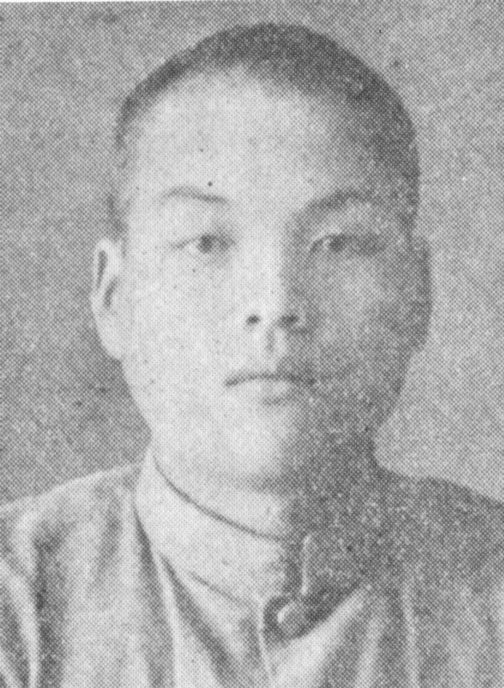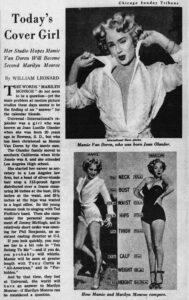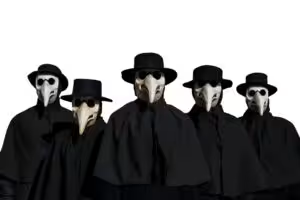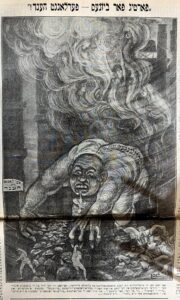In an era when society has perforce become accustomed to the regular incidence of tragedies involving disturbed loners who run amok, indulging in apparently motiveless killing sprees, it is hard to imagine the unbelieving horror that the first such event recorded in modern times – the Tsuyama massacre – engendered in prewar Japan.
The perpetrator was 21-year-old Mutsuo Toi, a young man with a reputation for Yobai (night crawling) – creeping into the beds of women in the locality in the hope that they would allow sexual intercourse. The orphaned Mutsuo had been brought up by his grandmother and was an outgoing boy, but when his beloved sister married in 1934 he quickly became withdrawn. In 1937 he was diagnosed with tuberculosis – then an incurable disease that had carried off both his parents and imposed a powerful social stigma.
When the girls in his village near the city of Tsuyama started giving him the cold shoulder, the over-sexed Mutsuo started planning a most terrible revenge.
He assembled a katana (traditional curved Japanese sword), axe and Browning shotgun. In the early hours of a night in May 1938, Mutsuo cut the power supply to his small community and embarked on a deadly mission. First, he beheaded his 71-year-old grandmother with an axe. Then he attached twin electric torches to his head and stalked through the village, entering homes and slaying unsuspecting occupants. In the course of the night he killed 27 and seriously injured five more, two of whom would later succumb to their wounds. This awful toll was roughly half the village’s population. Before dawn, Mutsuo Toi shot himself fatally in the chest, leaving suicide notes that explained his sense of despair at contracting tuberculosis and anger at the behavior of those neighbors – especially young women – who had shunned him.
When: May 21 1938
Where: Kaio, near Tsuyama, Okayama Prefecture, Japan
Death toll: 31 (including the killer)
You should know: In one suicide note Mutsuo Toi claimed that it had been necessary to kill his own grandmother in order to spare her the shame of being branded as the woman who brought up a mass murderer.























